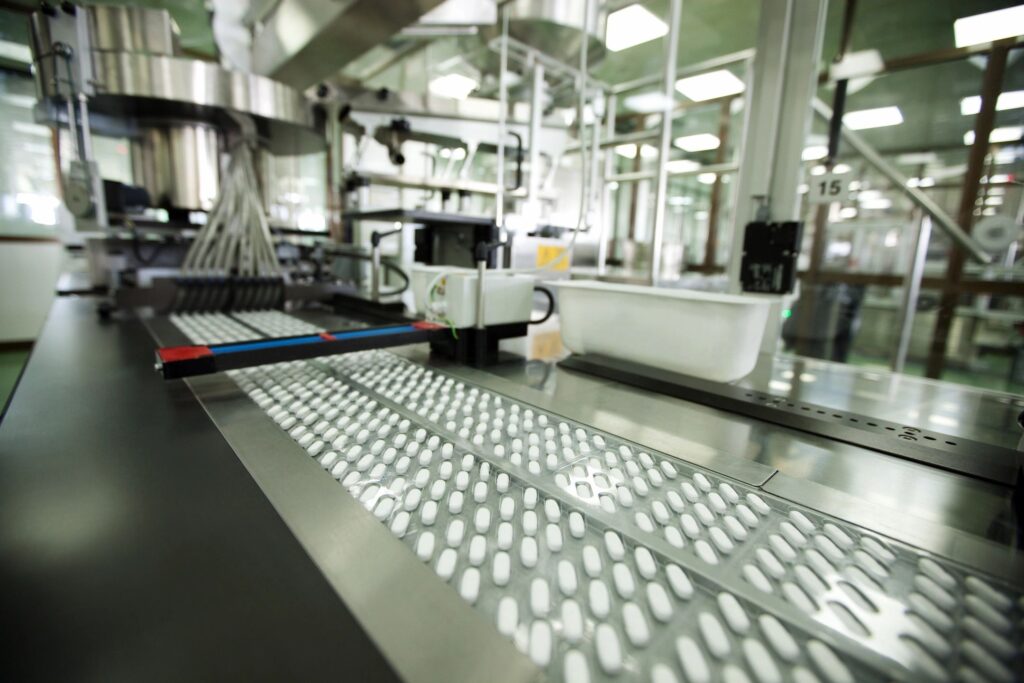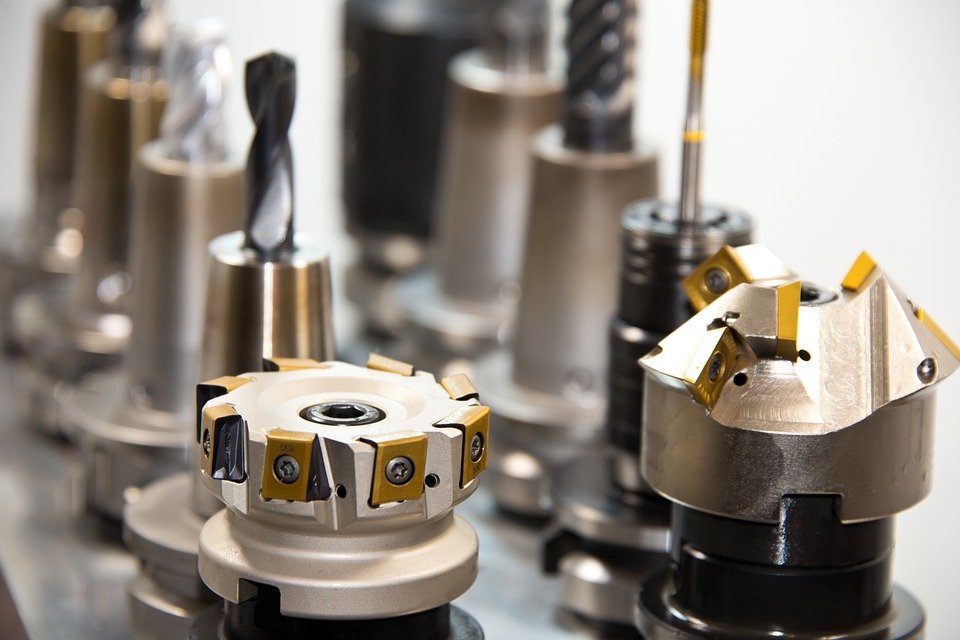Three focuses of my blog are Financial Literacy/Money, Business/Entrepreneurship and STEM. When manufacturing nutritional products for the general public, it’s critical to have an operation that uses the best practices. The following sponsored post is entitled, The Benefits of Partnering With a GMP-Certified Supplement Manufacturer.
* * *

Good Manufacturing Practices (GMP) are standards that manufacturers follow to ensure the quality and consistency of dietary supplements. They must meet people, premises, processes, and product requirements.
Finding a GMP certified supplements manufacturer is important to your business because it reduces the risks of product failures. It also makes you more competitive in the market by demonstrating your commitment to safety and quality.
Reduced Risk of Contamination
While it may seem counterintuitive, the dietary supplement industry is highly regulated. GMPs, or current good manufacturing practices, are a key part of that regulation. They focus on five areas, including people, premises, processes, products, and procedures (or paperwork).
If supplement manufacturers follow strict GMP regulations, they avoid being cited by the FDA or losing their certification. This can lead to product recalls, lawsuits, and other serious consequences.
Finding a contract manufacturer that adheres to and exceeds the requirements of GMP is essential for your brand’s success. The right manufacturer will ensure that your product is made to the highest standards while you can focus on launching and marketing your supplements.
Reduced Liability
You can create custom product labels if you partner with a GMP-certified supplement manufacturer. This will help your brand stand out in a crowded market, and it will also increase the credibility of your business.
A GMP-certified supplement manufacturer will have high-quality control and assurance processes, reducing the risk of contamination and safety issues with your supplements. The company will follow strict standards and be audited frequently to maintain its certification.
Increased Product Confidence
A GMP-certified supplement manufacturer adheres to stringent FDA manufacturing standards. This helps reduce product recalls, contamination, ingredient deviation, and errors. The company will also be inspected and undergo audits from third-party organizations to maintain its GMP certification.
Supplements are regulated differently than pharmaceuticals and must follow what is known as Good Manufacturing Practices (GMP) or Current Good Manufacturing Practices (CGMP). GMP regulations help ensure that your supplement products are made from high-quality ingredients in clean facilities to meet your specific formulation requirements.
We performed a binomial logistic regression analysis and found that adopting GMP is positively associated with revenue size, possession of a license to manufacture pharmaceuticals, and the number of own product categories a CMO can manufacture. Due to multicollinearity, the model with revenue was dropped, and only the two variables with significant associations were included in the final model.
Reduced Time to Market
If your supplement business is partnered with a GMP-certified manufacturer, you will immediately get your products into stores. This can reduce your marketing costs and give you a competitive edge over competitors waiting longer to market their products.
GMP guidelines require manufacturers to design their facilities and handle their dietary supplements in a highly careful, professional manner, minimizing risks that cannot be eliminated by testing the final product. As a result, the risk of contamination and other issues is significantly reduced when partnering with a GMP contract manufacturer.
Typically, GMP certifications are audited 1-2 times per year by third-party organizations to ensure the manufacturer follows strict rules and regulations. These audits include a review of facility cleanliness and accuracy of documentation.
Increased Profits
Many people may think that the dietary supplement industry is unregulated and not held to the same standards as pharmaceutical medications. However, the truth is that hundreds of federal regulations regulate it. One of these regulations is called Good Manufacturing Practices (GMP) or CGMP, which are systems for manufacturers that ensure the design, control, monitoring, and manufacture of supplements to maintain their identity, strength, quality, purity, and composition.
Partnering with a GMP-certified supplement manufacturer means you can have peace of mind that the company will follow strict guidelines to make your product. This will help reduce contamination, errors, and other issues that can be costly to your brand. It will also show that your partner takes your brand seriously and will go the extra mile for you.


